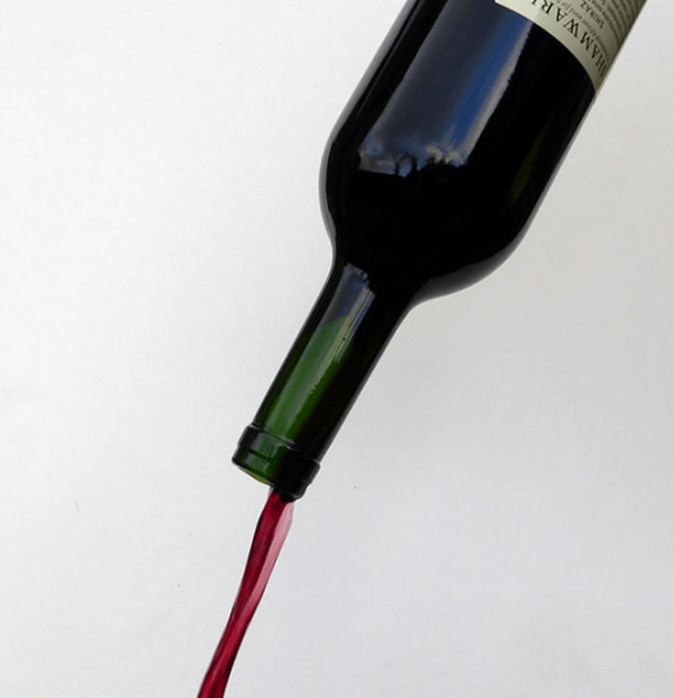

Oh, how sweet it is to drink wine
Among all of the tastes in wine, sweetness is the most apparent.
And it’s no surprise. Tasting sweetness instantly brings us back to our childhood days. At one point in our childhood, most of us would have ate candy or drank soda. That familiarity makes sweetness one of the easiest wine components to sense, compared to alcohol, acidity, and tannins. The receptors in our tongue have become sensitive to it.
Other than adding pleasantness to wine, sweetness has the job of balancing out acidity. You see, acidity creates a perception of dryness (lack of sweetness) on our palates. In order to avoid their wines from tasting bone dry, winemakers may add a touch of sweetness to their wine. However, its important that they get the balance correct.
Too much sweetness in the wine can be overbearing. It makes you feel as if you’ve swallowed a mouthful of sugar. Too little sweetness and the wine may taste tart because the acidity is not balanced with sufficient sweetness.
Want to know how winemakers make their wine sweet? Time for a quick lesson in “vinification” (also known as winemaking).
The sweetness in wine comes from the residual sugar that remains in wine after vinification. To make wine, crushed grapes is fermented with yeast. The presence of yeast converts the grape sugars into wine and alcohol.
But yeast dies if the concentration of alcohol is too high (when it’s around 14%). The whole fermentation process will stop naturally when the alcohol level is high enough to kill off all the yeast. Hence, the fermentation duration can be timed by calculating how much yeast to add in.
If not all the grape sugars were converted into wine when the process stops, there will be some residual sugar that remain in the mixture. The residual sugar then makes its way into the bottled wine.
Alternatively, the winemakers themselves can cut the whole process short by intervening and stopping the fermentation process prematurely. That way, some grapes sugars will make it to the bottled wine as well.
The amount of sweetness that makes it into the bottle is tediously calculated by the winemaker. So that next time you take a sip of wine, take some time to appreciate it’s sweetness.
Discover why Sauternes wines are so sweet here (Who would Have Thought: A Rot That’s Actually Good for Wine)
Wine novice or interested in discovering wines you do not have access to? Every month receive two bottles of exclusive French wines at home with our tasting guide. Find out more




